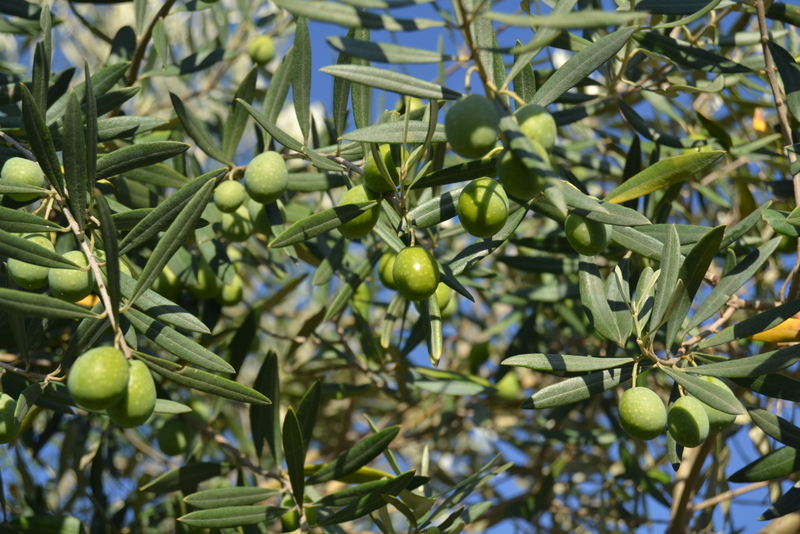A Snapshot of Contented Translator
One of the best motivations to learn a new language is to fall in love with the user of the language. In my case Dutch.
I planned to take up Dutch/Flemish already for years, living in Brussels where a minority still speaks this language ?. The Flemish people in Brussels area are so fluent in English that I never felt the pressure, in fact. Outside the capital the situation is different. But on occasional trips to Flemish countryside I got by with a smile and pecking the index finger into the menu card. Once a lady sitting in a gorgeous place called Het Spaanse Huis in Tervuren (the Flemish speaking town just out Brussels) told me off for the attitude: “So, our talent for languages means you won´t try? You take pains to learn French but not Flemish?” I did feel ashamed. Not enough as to drag myself to a class. Or to a textbook. Until I found a man who opened a new door. And relief to start with a language that does not have a variety of ser as the core verb. Ser is a very common vulgarism in my native tongue. To be in Dutch is zijn. Soft sounding, more familiar, the structure of the language is closer to English/German, not so Latin bound. Slovak people often mock Dutch as impossible rattle of g´s, but I have always loved the sound. I never shared the craziness for French, spoken French seems so close-lipped, written French so impossible to get right. Deep where my language talent pride resides, I thought learning Dutch would be easy.
No.
I love surprises.
No, it is not easy.
No, German does not help much in tackling it.
In fact, my boyfriend always recommends thinking more of English logic to get closer.
Yes, I am having a lot of fun learning.
When it comes to conversations, and some would say, it is an easy practice when you have a close one there, no, not true. The two of us have English in common as an intimate language, so practicing love-Dutch does not come easily; he must wait a long time for my sentence, then corrects it dutifully, but there is not much sense exchange, if you know what I mean. It will come. I am building it. Going to Dutch yoga lessons, reading Bruzz, the Dutch written urban agenda, discovering, getting the melody. The melody is crucial to be understood.
Still, when I order kip-curry at the local butcher´s shop in Tervuren, they politely listen and answer back in English. If they answer back in Flemish, I feel a surge of happiness. It does not happen often yet. It will. I remember, when I was starting with French, somebody asked me for directions in the streets of St. Pierre where we lived. I could not assemble the sentence, but I pretended I could: hands, Spanish, here and there a French word. The lady thought I was nuts. Never mind, I managed to get there. And I now speak and read French that I do not like very much.
Dutch, despite some roughness, sounds so gentle to my ears. It is physical as well, the muscles tuning to – producing different sounds, conveying love. The first sentence my lover taught me at one of the first dates was: Ik voel me goed met jou. Easy now, that day, head hazy with hormones, it sounded exotic, the end of the phrase as if coming from Chinese – met jou.
What is behind “a language talent”? I guess it has a lot to do with the openness to new things, openness to new culture and a different way of thinking that comes with the code – the language. Hence also the preference for certain languages. From Latin ones, I love Spanish, especially Latin American Spanish. Love for the literature is part of it. And despite the reputation, French literature was never my cup of tea. Dutch belles lettres? I do not know yet. Getting there to be ready for a story in original.
No, we never sound the same when speaking different languages, for me only one is the Master Mother Tongue. We adopt and discover new personalities, though. Isn´t it odd and natural at the same time?
As the writer friend William pointed out: A world lies between saying:
Chýbaš mi. Tu me manques. I miss you. Ik mis je.
The subject and object are reversed, though without much thinking we decode it in the same way. Translating? Another immense labyrinth. As Umberto Eco said:
The new language of Europe is translation.


